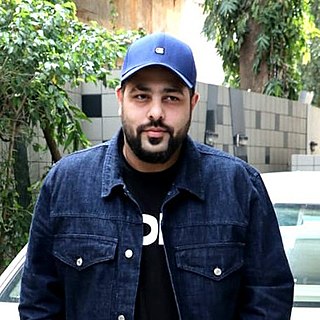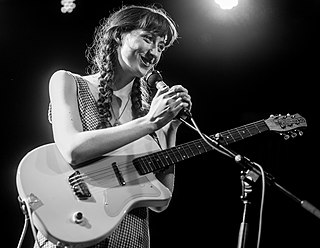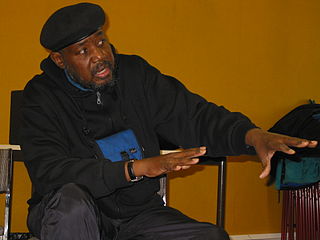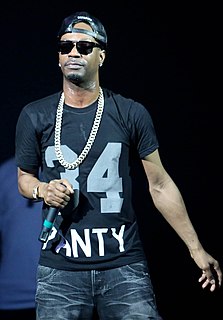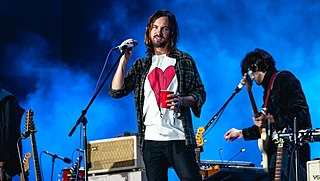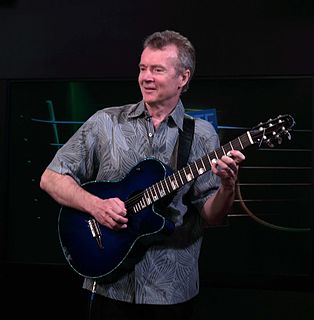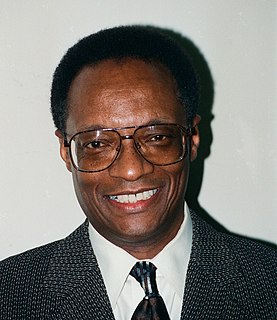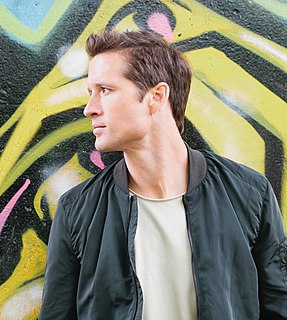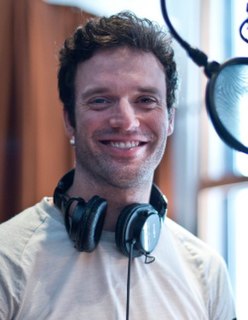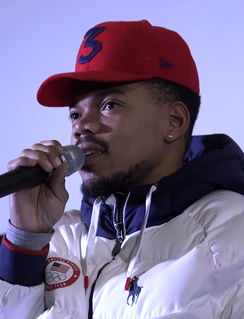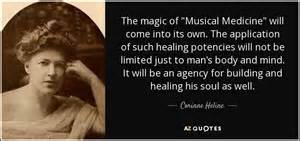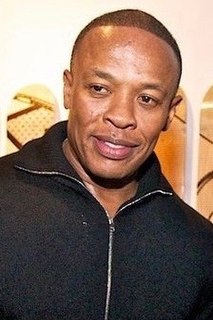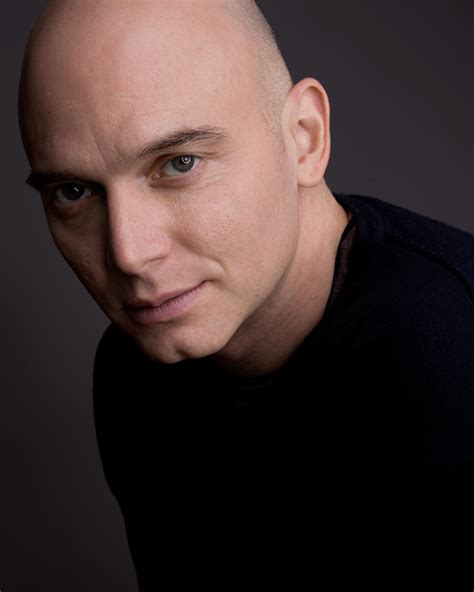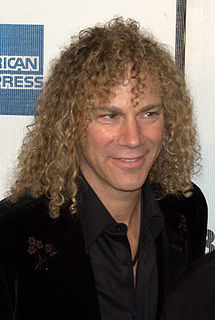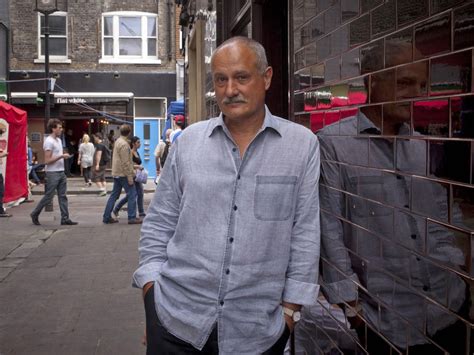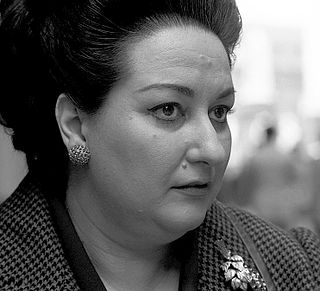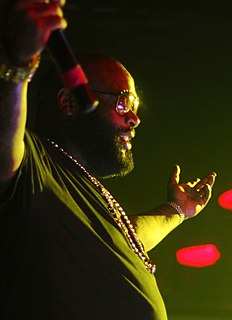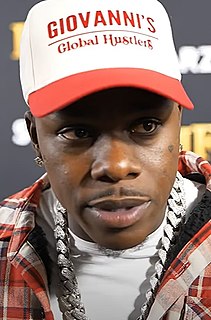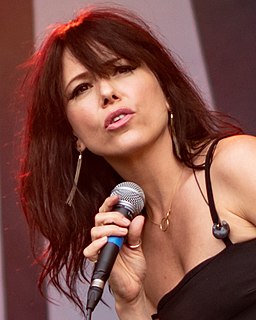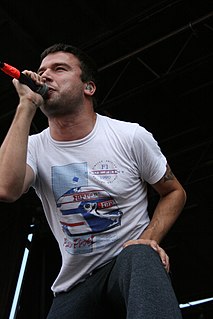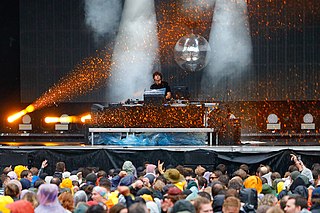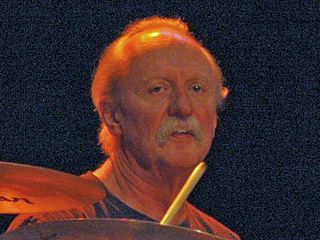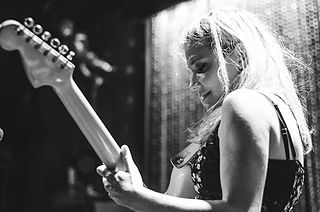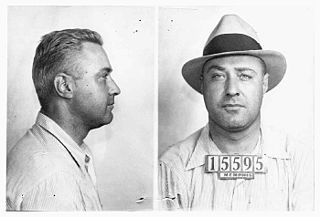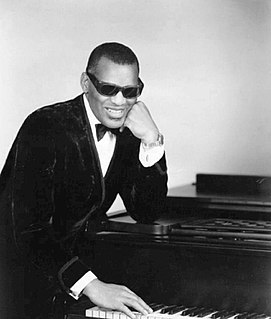Top 1200 Music In Schools Quotes & Sayings - Page 20
Explore popular Music In Schools quotes.
Last updated on October 7, 2024.
You know when I started playing music as a young man I felt the need to be noticed and to prove myself. My motivation is much different now but what's still left is the love of music and the joy of entertaining people- the feeling that I make a difference, giving something back rather than just taking. Every year or two I come out with new music, or new arrangements of old music which keeps my show fresh.
The Medicine Man occupied the honored role of priest and physician to his tribe. They understood that healing was done by the intercession of celestial spirits. Music was used as the bridge between these planes. Thus we see why music was religious in nature, and music was looked upon as a sacred art.
I wanted to become an actor. I went to Guildhall School of Music and Drama, which is one of the main drama schools in London where you go when you are older. But I was doing the junior one when I was a kid. And some friends there had agents. I was fourteen and I was like, "I want an agent! It sounds awesome!" I had no idea what that was. I thought those guys looked like men in black. They were hanging around in suits all the time. So I luckily got a very good agent in London and started auditioning. And then when I was 16, I got my first film and I've been working ever since.
The only reward the musician receives is music: the privilege of standing in the presence of music when it leans over and takes us into its confidence. As it is for the audience. In this moment everything else is irrelevant and without power. For those in music, this is the moment when life becomes real.
When we talk about music, we tend to place our experiences into one of two categories: making the music and listening to it. Delineating the two seems practical and obvious. In reality, though, there are a lot of opportunities for overlap, and it doesn't matter how you get into the music as long as you connect with it.


